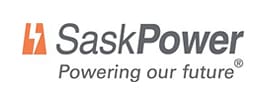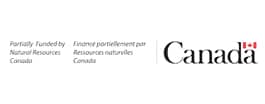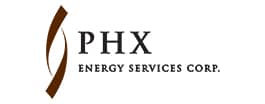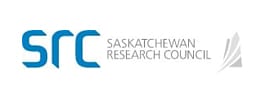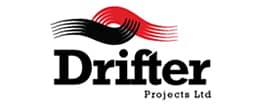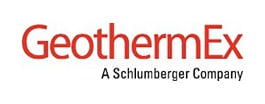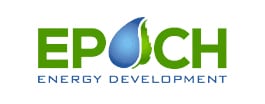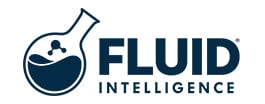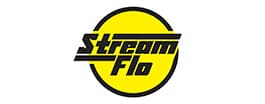DEEP Earth Energy Production Corp.
DEEP is a Saskatchewan privately held corporation with a mission to develop Saskatchewan’s geothermal resources for power generation. DEEP’s vision is to be a producer of secure, stable and sustainable energy. DEEP is developing a unique geothermal (or earth heat) power facility in southern Saskatchewan. This project will establish the first geothermal power facility in Canada.
DEEP will harness high-quality geothermal resources with existing drilling and power generation technologies to establish a long-term renewable baseload (24 hours a day, 365 days a year) power supply. DEEP’s long-term goal is to develop 200 MW of geothermal power achieved in multiple facilities in Southeast Saskatchewan.
Benefits of Geothermal

Baseload Power
Geothermal is the only renewable
energy source that can produce
baseload power 24/7.

Green
Low-carbon based fuel
consumption and facilities have a
small footprint that does not
interfere with bird migration
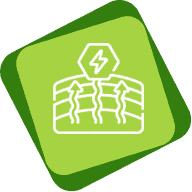
Ongoing Supply
With proper reservoir management, geothermal resources can maintain a consistent heat source, ensuring generations of renewable power generation.
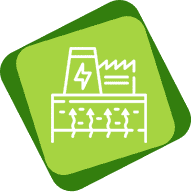
Geothermal Power
Excess process heat can be integrated to supply greenhouses, fish farms, food processing and other industrial applications.

Building on Innovation
The DEEP project will build on Saskatchewan’s world-class drilling technology and expertise.
DEEP's Historical Milestones
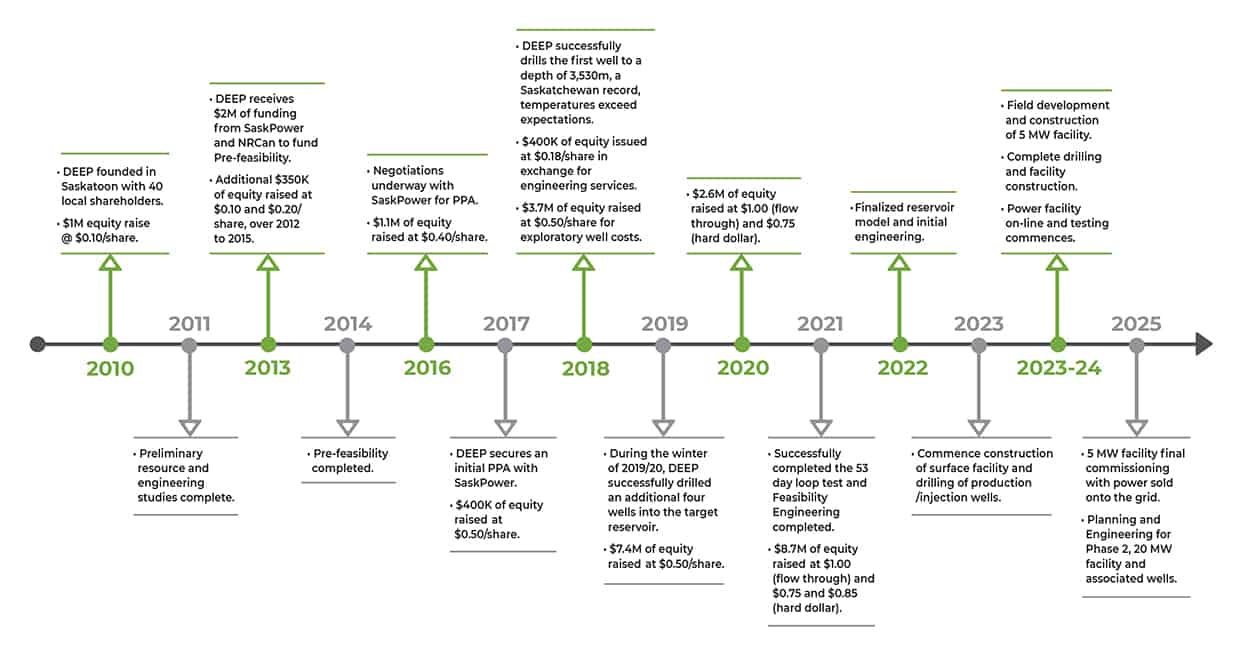
DEEP Project History
- A $2M Prefeasibility Study was completed in 2014, funded in partnership by SaskPower and Natural Resources Canada.
- DEEP secured an initial Power Purchase Agreement with SaskPower in 2017
- A Federal announcement was made in January 2019 for $25.6M of funding through Natural Resources Canada to provide funding for the work needed to delineate the geothermal resource
- This government funding was matched with private equity investment
- DEEP’s first well (Border-1) was drilled to 3,530 m in depth in December 2018 and retrieved 212.6 metres of core across the targeted reservoir. Drill stem tests (DST) results on the well were positive, indicating reservoir brine transmissivity that exceeded the minimum threshold for project feasibility.
- The Border-1 well was flow tested during the summer of 2019 and produced into a 1,500 m3 tank farm over 3 days. After a multi day reservoir build up test, zonal injectivity testing was completed. During the flow test, a detailed brine chemistry sampling program was conducted. The results of this test work were used to optimize the next well.
- During the winter of 2019/20, DEEP successfully drilled an additional four wells into the target reservoir. Following the winter drilling program, an extended “loop” test was planned and executed between Border-3 (producer) and Border-1 (injector). The ~40 day test was completed in the summer of 2020 at rate of 500m3/day of produced brine. The daily volume was limited by the max pump rate of the electric submersible pump (ESP) that was in the Border 4 well.
- With the positive results of Canada’s first ever geothermal loop test in hand, DEEP drilled and stimulated Canada’s first ever geothermal horizontal well (Border-5) into the target formation. At 3,500 m depth and 2,000 m of lateral length, this well was a significant achievement and the first of its kind in the world.
- A second larger volume (~1800m3/day) loop test was completed from the horizontal well (Border-5) and injected into Border-1 and Border-3. The data obtained from this loop test was used to finalize the reservoir information needed for the feasibility report as well as final design parameters for Canada’s first Geothermal power facility.
- DEEP has the geothermal rights within a 39,120-hectare lease of space which covers the area needed for over 200 MW of potential geothermal development.
- DEEP has also successfully acquired mineral rights for 4 subsurface mineral rights permits totalling 5,016 hectares. The permit blocks are located along the Saskatchewan-North Dakota border, approximately 30 kilometres southwest of Estevan, in an area that is prospective for brine minerals such as lithium. The permit blocks surround DEEP’s current drilling activity.
Project Location Map
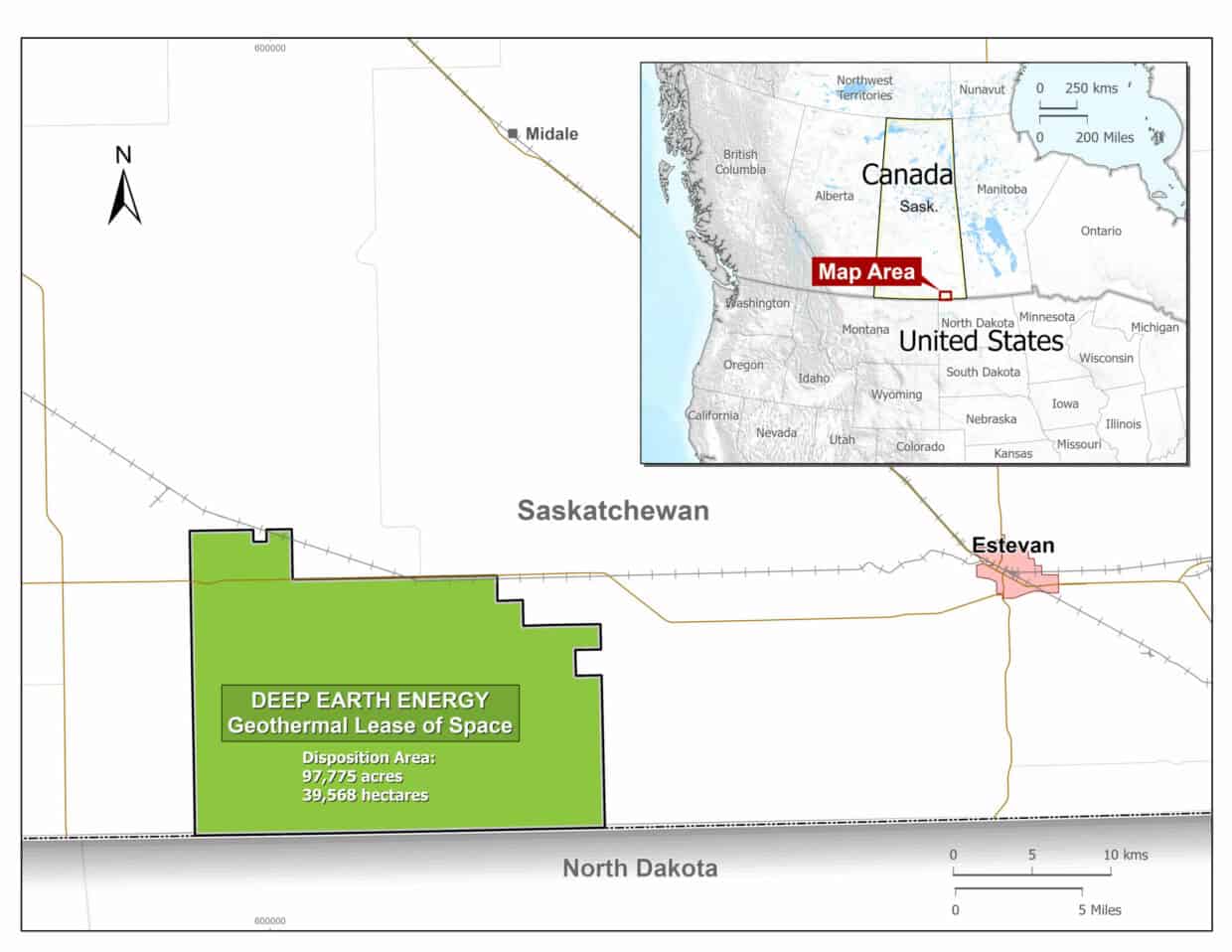
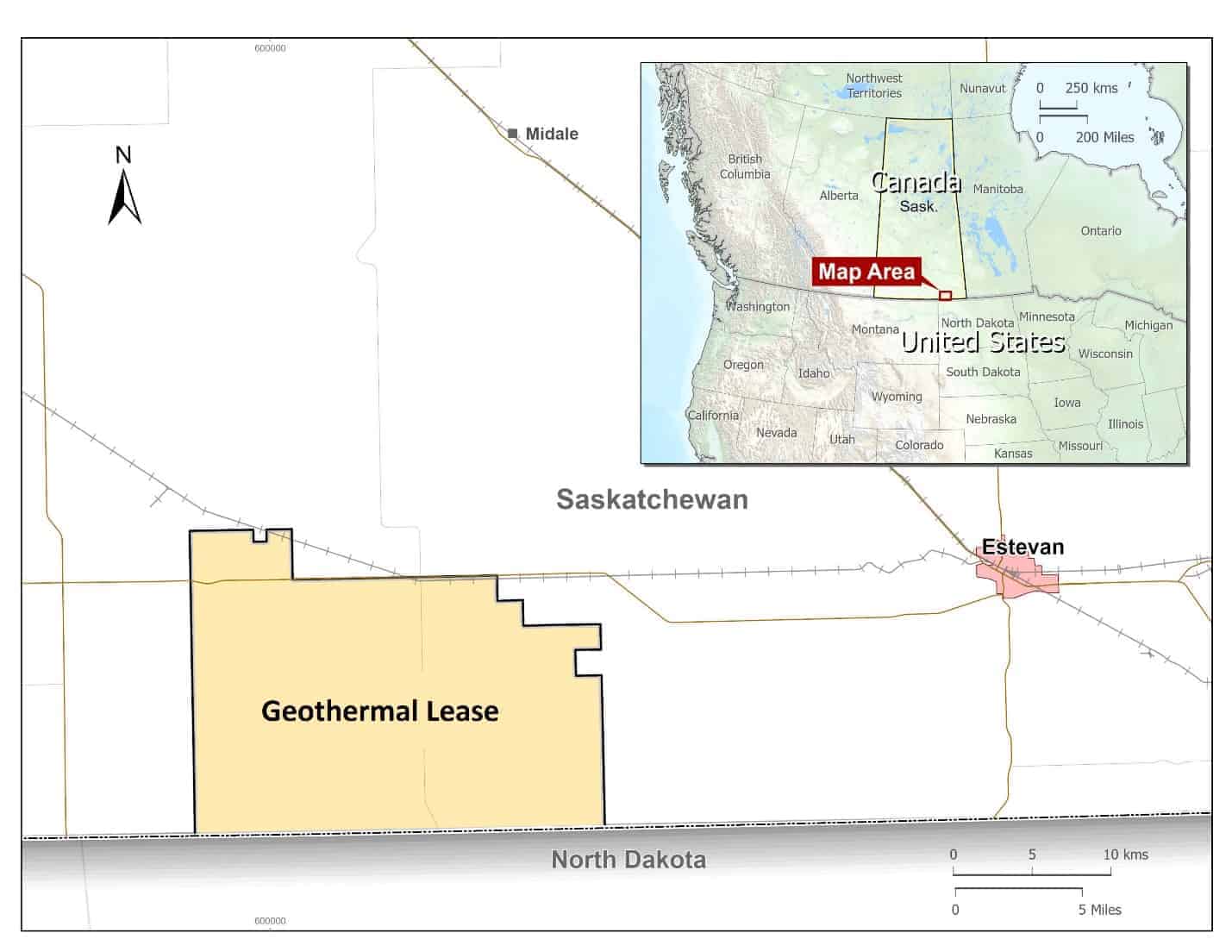
Project Partners
